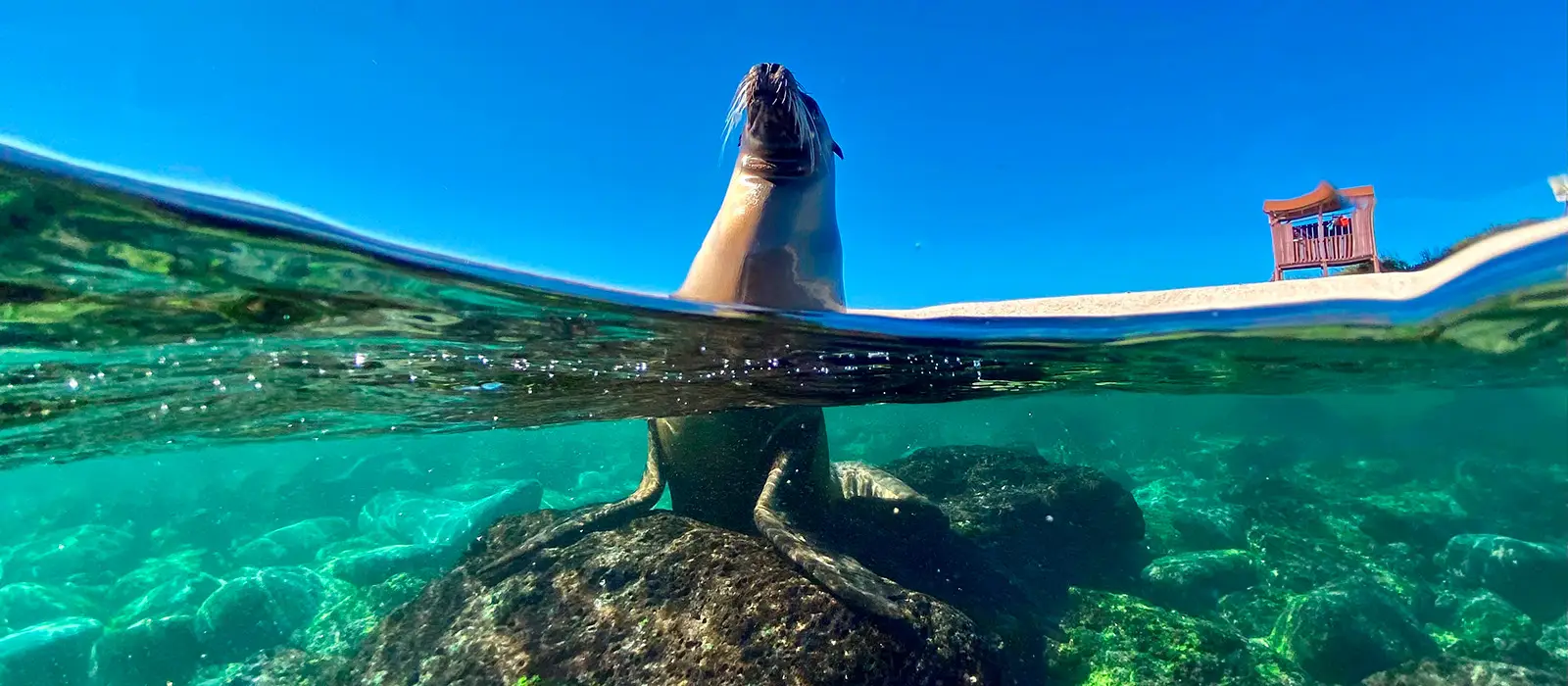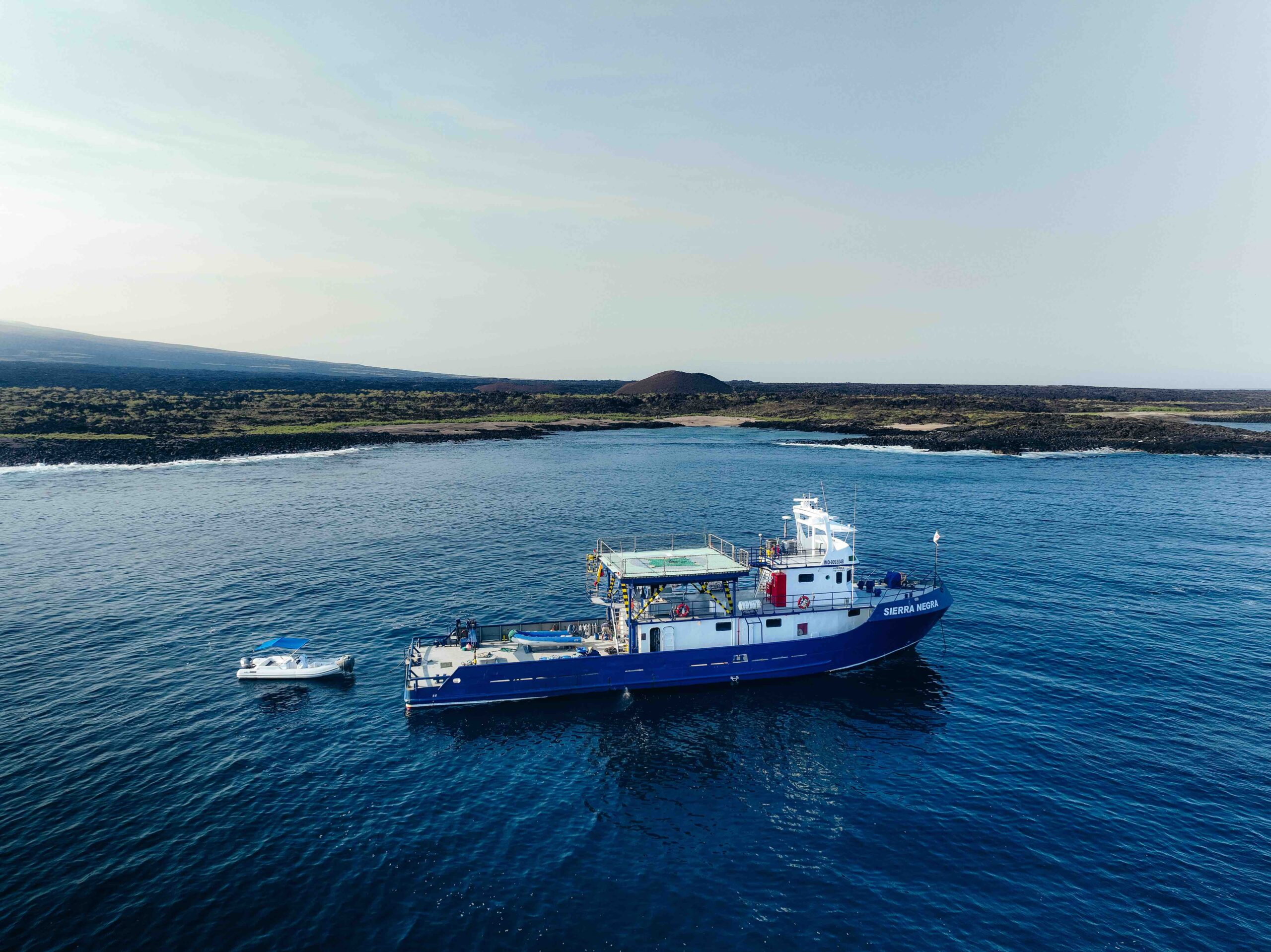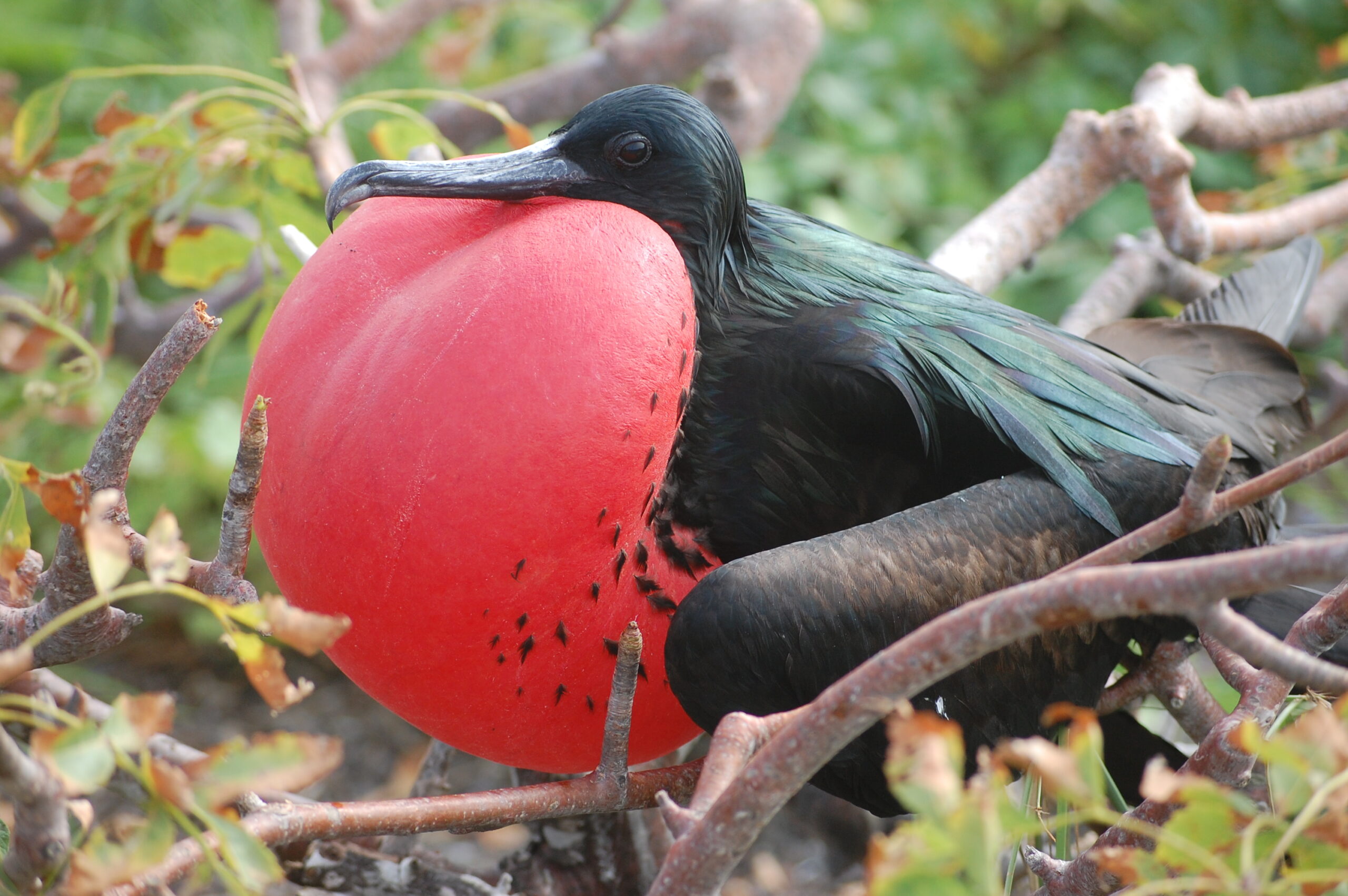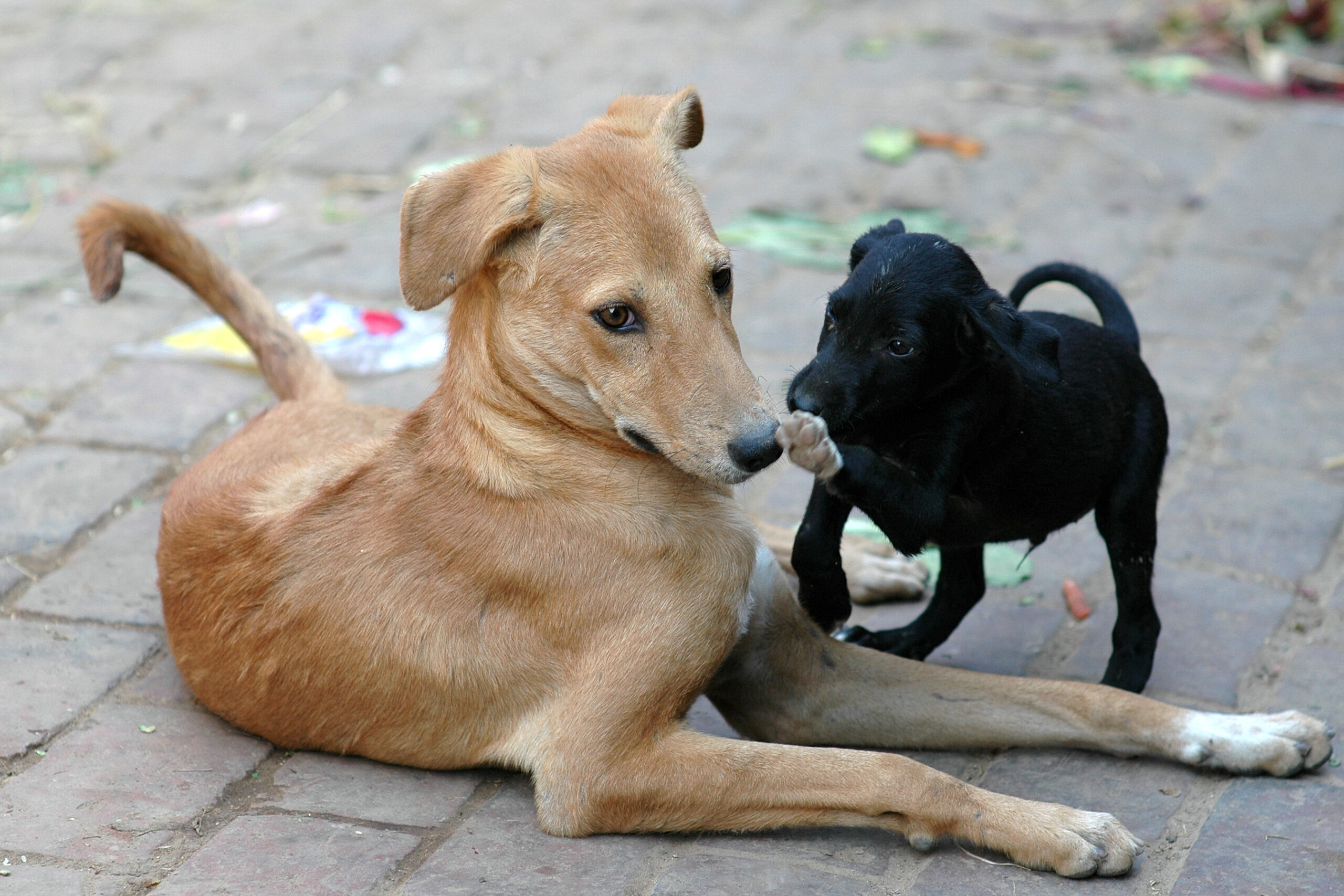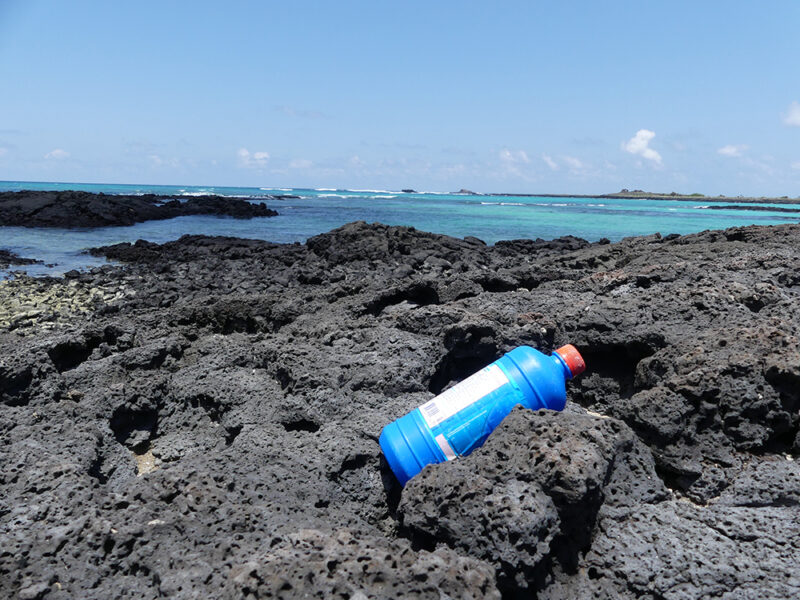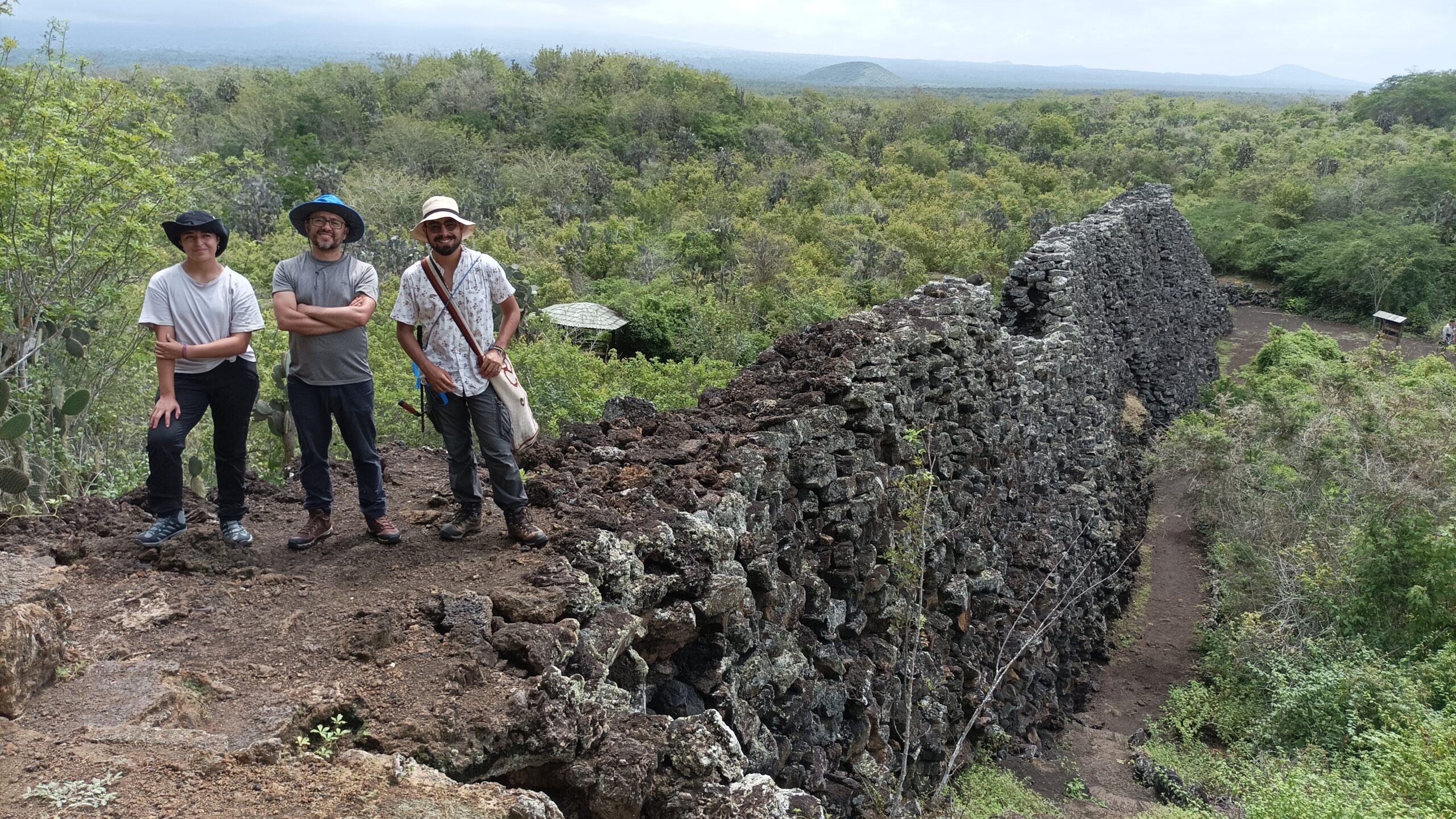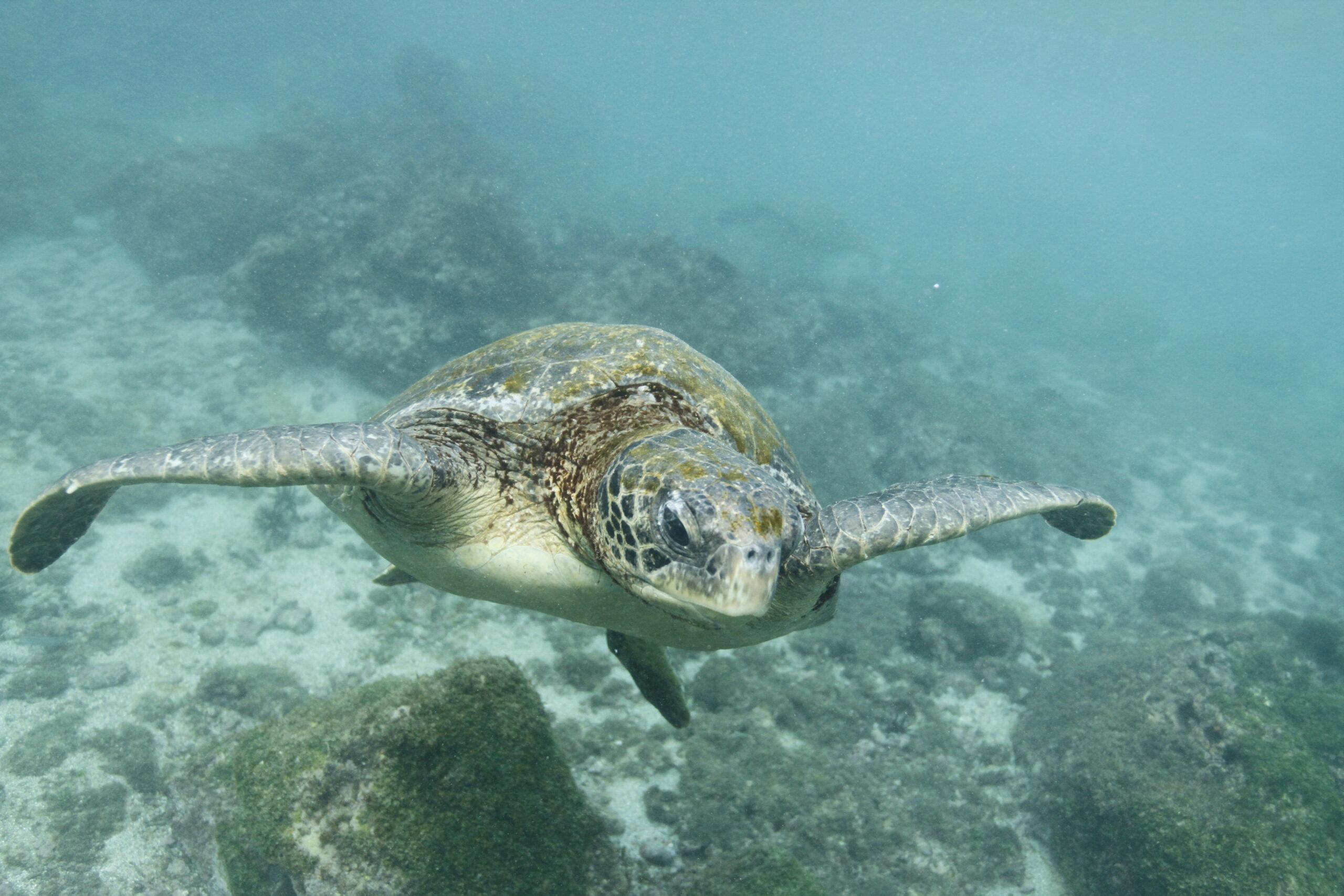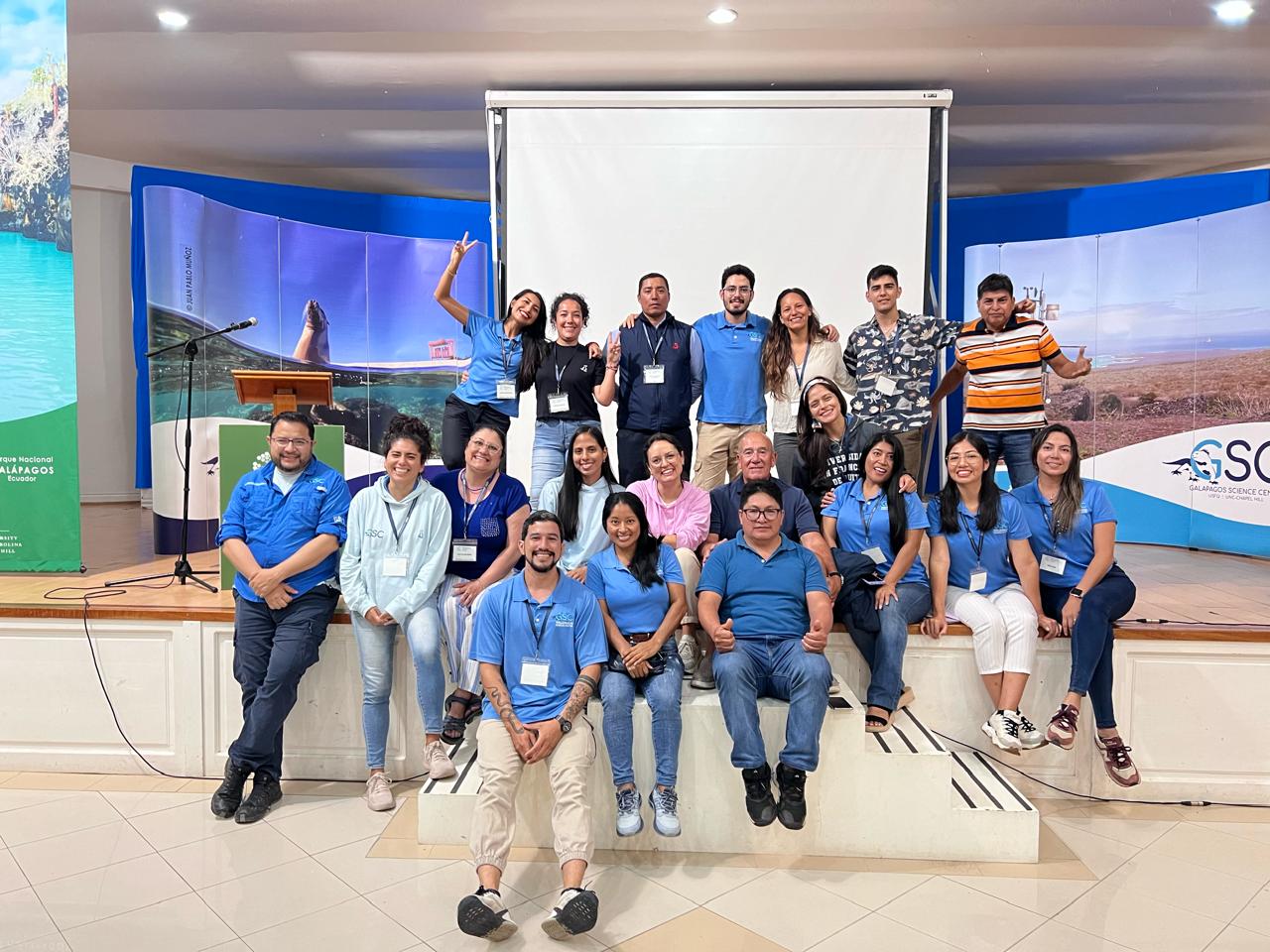
Concluye con éxito el VI Simposio de Investigación y Conservación de Galápagos
El VI Simposio de Investigación y Conservación de Galápagos, evento multidisciplinario que reúne a expertos y a la comunidad, culminó con éxito tras presentar las investigaciones científicas más relevantes realizadas en el archipiélago.

